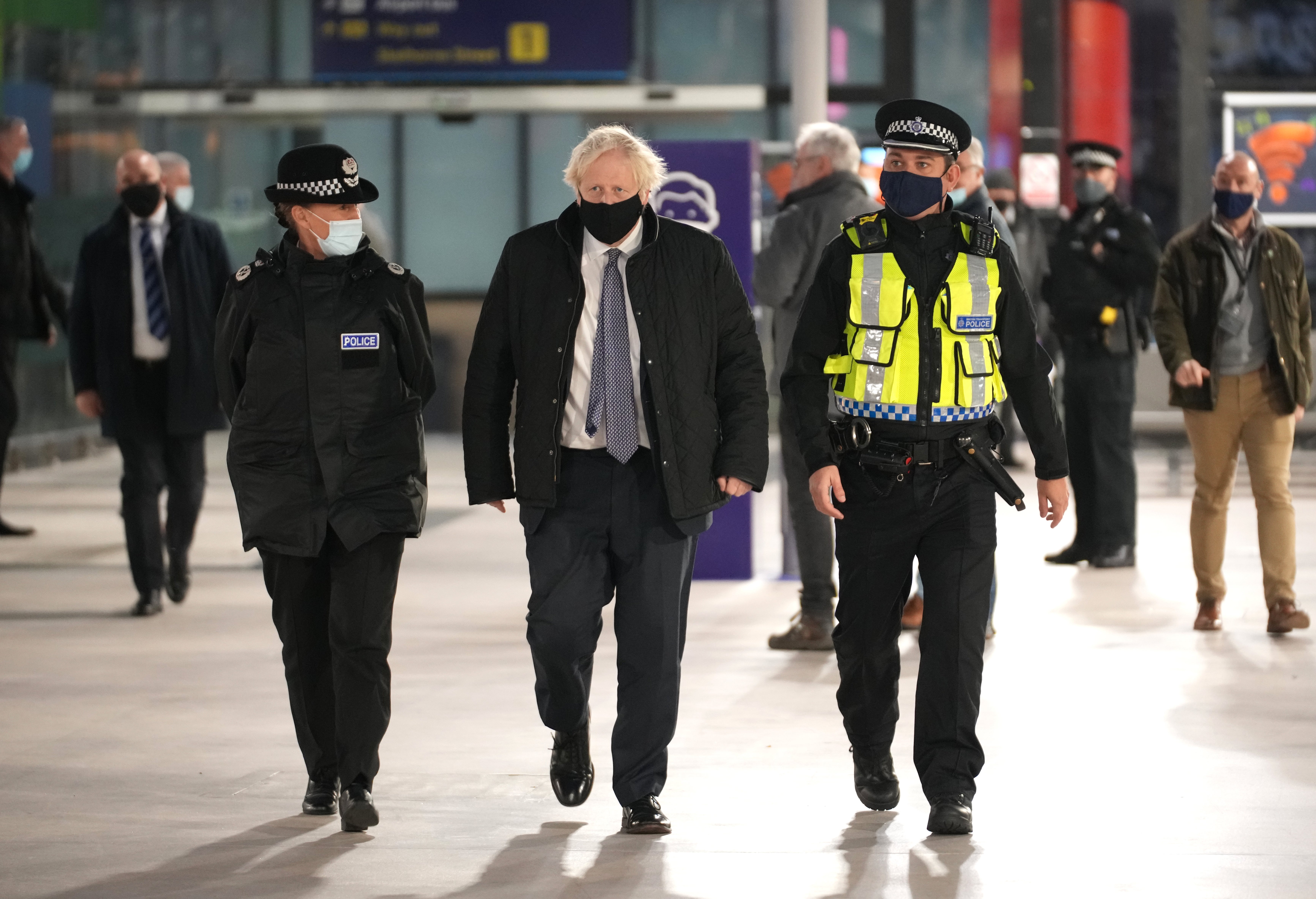Drugs are as much a health issue as a criminal one
We should have a world where people understand the risks of drugs through evidence-based prevention and education, not through repression and fear


Your support helps us to tell the story
From reproductive rights to climate change to Big Tech, The Independent is on the ground when the story is developing. Whether it's investigating the financials of Elon Musk's pro-Trump PAC or producing our latest documentary, 'The A Word', which shines a light on the American women fighting for reproductive rights, we know how important it is to parse out the facts from the messaging.
At such a critical moment in US history, we need reporters on the ground. Your donation allows us to keep sending journalists to speak to both sides of the story.
The Independent is trusted by Americans across the entire political spectrum. And unlike many other quality news outlets, we choose not to lock Americans out of our reporting and analysis with paywalls. We believe quality journalism should be available to everyone, paid for by those who can afford it.
Your support makes all the difference.The UK has announced an overhaul of its approach to illegal drugs. The headlines highlighted the “war on drugs” and novel punishments for people who use them. Less heralded were the extra funding and other reforms announced to provide support to those dependent on drugs. The implicit recognition that drugs are as much a health issue as a criminal one is welcome and long overdue. But the continued tough-guy rhetoric from the government, lapped up by the media, is disappointing because we know this approach doesn’t work.
A decade ago, a group of former presidents from Latin America, headed by Brazil’s Fernando Henrique Cardoso, César Gaviria from Colombia and Ernesto Zedillo from Mexico, met with leaders from Europe and the UN to establish the Global Commission on Drug Policy. Before that, drug policy was rarely considered a priority by heads of state and government. Even in the face of contradictory evidence, most agreed that drugs were a scourge to be eliminated for good by prohibition and aggressive law enforcement.
Ten years on, the taboo on openly opposing prohibition has been broken, and some signs of progress are visible. The former presidents of Brazil, Mexico, and Colombia were joined on the Commission by leading public figures from Ghana, Norway, Pakistan, Switzerland, the United Kingdom, the United States, and elsewhere. And, since last year, it has been my privilege to sit as Chair.
As we look back on a decade of the Commission’s work, we see cause for hope, and also the need for strengthened resolve. Thanks in part to our call to break the taboo around drugs, more and more countries and jurisdictions are decriminalising personal drug use and adopting innovative approaches based on evidence and public health. Recognition is growing that globally sanctioned repressive policies are more detrimental than drug use itself.
At the same time, prohibition is still the defining paradigm, as we’ve seen this week in London. Almost no new jurisdiction has abolished the death penalty for drug-related crimes. Extrajudicial killings for drug-related activities have been openly promoted. Prisons are full of people convicted of offences against drug laws who have done little or no harm to others. Mandatory abstinence-only drug treatment is still being imposed. And organized crime has increased its control and turned into a global security threat.
In our most recent report, out today, we revisit the evidence and arguments made over the past decade. Importantly, for the first time, we call for revision of the international drug control framework, which makes up the international law on drugs and informs the ‘war on drugs’ launched by US President Nixon fifty years ago.
We are calling for revision of this framework in the face of overwhelming evidence that it’s not working. Two hundred and seventy million people a year still take illegal drugs, while more than 80 per cent of the world’s population – mainly in low- and middle-income countries – cannot access the medicine they need for pain relief and palliative care. The flourishing of organized crime is fed by the illegal trade, fueling conflict, violence, corruption, insecurity, poverty, and more suffering.
The drug control conventions comprehensively fail to achieve what they were set out to do. Worse than that, they perpetuate suffering and stand in the way of progressive reforms by tying countries’ hands, and purporting to make only incremental and piecemeal change possible.
This must change. In this 10th year for the Global Commission, we are calling on enlightened governments to build a coalition of the willing which can challenge decades of repression and chart a course to a world where people’s wellbeing is at the center. While there are good elements in the UK’s new strategy, which should be built upon, the balancing of those with repressive measures is counterproductive.
Regulation of all drugs could protect the health and safety of the end consumer, while ensuring strict controls for potency, level of health risk, quality, and access, and placing restrictions on advertising, age limits for use and type and contents of products.
UN organisations have shown welcome signs of moving away from the slogan and objective of a ‘drug free world’. We maintain that a world free of drugs is neither possible nor a sensible aim. Rather, we should all work together to create a world in which drugs and drug control policies cause much less harm - a world where drugs are responsibly regulated by governments and where people understand the risks of consuming drugs through honest and evidence-based prevention and education, not through repression and fear.
Helen Clark is chair of the Global Commission on Drug Policy and a former prime minister of New Zealand
Join our commenting forum
Join thought-provoking conversations, follow other Independent readers and see their replies
Comments